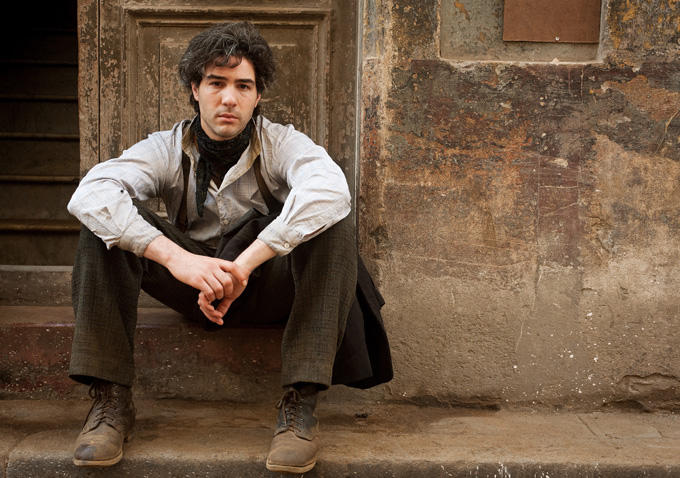Fatih Akin Talks ‘The Cut’
Fatih Akin’s Armenian genocide epic undoubtably draws blood. ‘The Cut’ is the story about Nazaret Manoogian (brilliantly interpreted by Tahar Rahim), a blacksmith, father of twins who is conscripted into the army at the start of World War I. After a near-death experience , that injures his vocal chords, he remains mute and embarks in an eight year journey that starts in Mardin, (in what is present day Turkey, near the Syrian border, and includes stops in Lebanon, Havana, Florida and North Dakota), searching for his children, in the aftermath of a conflict cinema has tended to neglect.
Director Fatih Akin, talks about the making of ‘The Cut’:
Do you feel ‘The Cut’ has a pedagogic goal on the Armenian genocide in Turkey?
I believe in that. Certain people may not need it. But other people need another rhetoric to understand this, I don’t want to be preachy or act as a teacher but I want to create empathy. I made the film so that the Turkish audience could identify with an Armenian hero, which isn’t easy. To do this you have to keep it simple and not challenge the audience with too much intellectual attitudes, but challenge them emotionally.
How do you feel about the fact that some countries deny the Armenian genocide?
It’s alright as long as there is freedom of speech. If someone is free to deny it others, like myself, should be just as free to say the contrary. Only this way there is justice. Just as freedom of the press. Everybody has their own truth, that is what the film is about.
The main character embodies this metaphor in a way…
Indeed and it also represents my personal quest with religion. I come from a religious family, with strict dogmas and it took a while to get rid of them. I now have my own definition of what is right and wrong, good and evil. You can say I’m a spiritual person. The film is about that: someone losing his religion but getting the sense of spirituality.
Was there any film that inspired you for the making of ‘The Cut’?
Elia Kazan’s ‘America, America’, certain aesthetics of the cinematography, as well as shooting the film in English and naturally the long voyage of the young man through the impoverished towns and villages on the way to Constantinople.
So do you feel that your movie could also be an archetype of each person’s personal Odyssey?
I had Westerns in my mind to inspire me, ‘The Searchers’ by John Ford, and also Homer’s Odyssey certainly was a reference for me: the journey of the hero who tries to return to his family.

